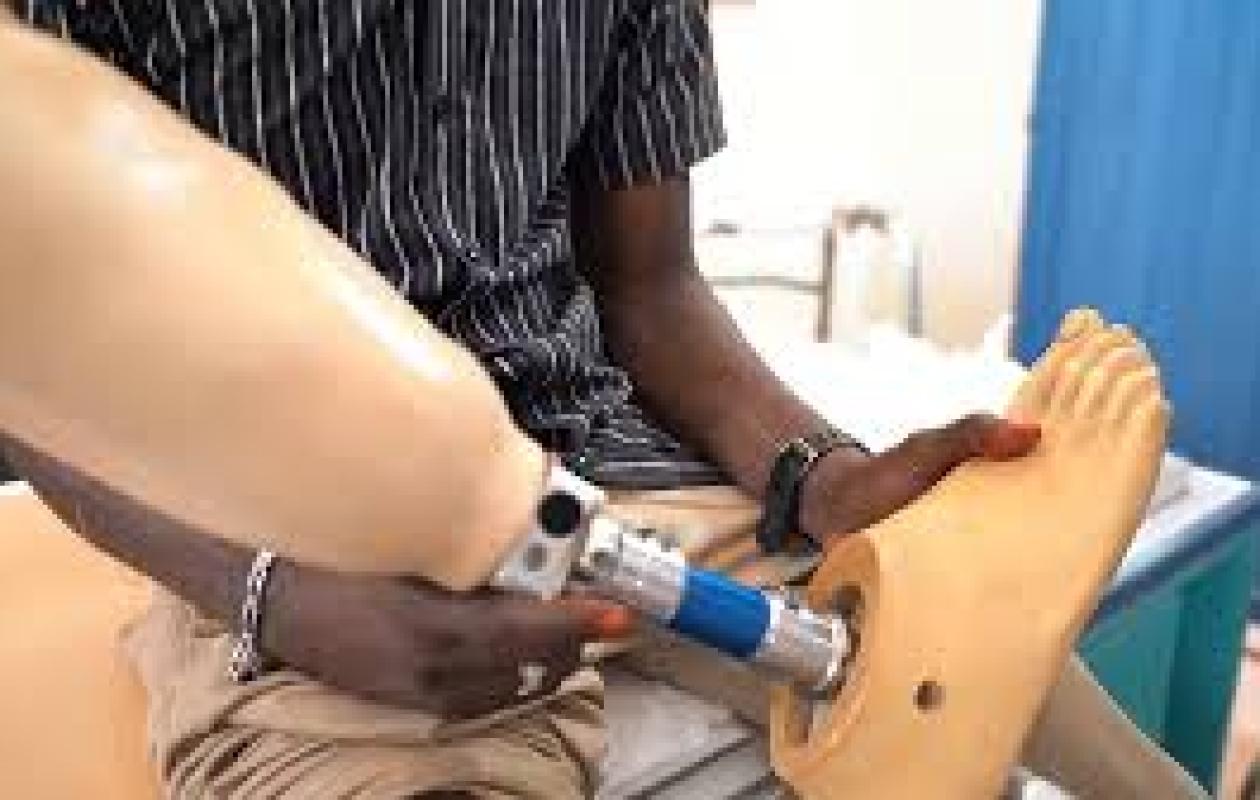
Handicap et dignité : Au Sénégal, l’accès aux technologies d’assistance reste un défi majeur
For the first time, Senegal celebrated International Assistive Technology Day, an initiative led by the Ministry of Health and Social Action through the National Center for Orthopedic Equipment (CNAO) and the Bokk Naa Ci project. A panel held in Dakar brought together parliamentarians, healthcare professionals, researchers, associations, and beneficiaries around a common goal: to promote equitable access to assistive technologies for people living with disabilities. “The issue is autonomy, social participation, but above all dignity,” said Dr. Samba Cor Sarr, Chief of Staff of the Ministry of Health and Social Action. According to him, “it is not the body that needs to be corrected, but the social, economic, and cultural barriers that hinder the full participation of people with disabilities.”
Drawing on the inclusive definition of disability promoted by the WHO, which is an interaction between an impairment and an unsuitable environment, he called for a profound reform of health and social protection systems, with an emphasis on territorial equity, prevention and the recognition of rights.
Figures that worry, a reality that challenges
Professor Alioune Badara Tall, a public health specialist, presented the results of two surveys, which revealed a worrying picture. "Nearly 800,000 people live with a disability in Senegal, particularly in rural areas and among women," he said. He added that the need for wheelchairs, prosthetics, hearing aids, special glasses, and sunscreen for people with albinism is far from being met.
According to him, the barriers are multiple. They are financial, with expensive and unreimbursed aid, geographical, with only 7 out of 14 regions having a functional equipment center, technical, with a shortage of specialized technicians, inadequate equipment, but also social and cultural, with stigmatization, poor school inclusion, and invisibility in public policies.
In the same vein, Dr. Seydina Ousmane Ba, Director General of CNAO, called for concrete measures. These include creating a national list of priority technical aids, building and equipping fitting centers in all regions, training a new generation of professionals specialized in fitting, integrating disability data into the national health information system, and conducting awareness campaigns to combat stigma. “When you give someone back the ability to walk, hear, see, or move, you are not just providing them with assistance. You are restoring their dignity,” he said.
It should be noted that the 2018 WHO resolution recognizes access to assistive technologies as a fundamental right and a social justice imperative. He urged Senegal to draw inspiration from it to build an ambitious and coherent national policy. “Whether you're in Saraya, Podor, or Dakar, everyone must have access to the aids they need to live with dignity. It's not a favor, it's a right.”
Commentaires (0)
Participer à la Discussion